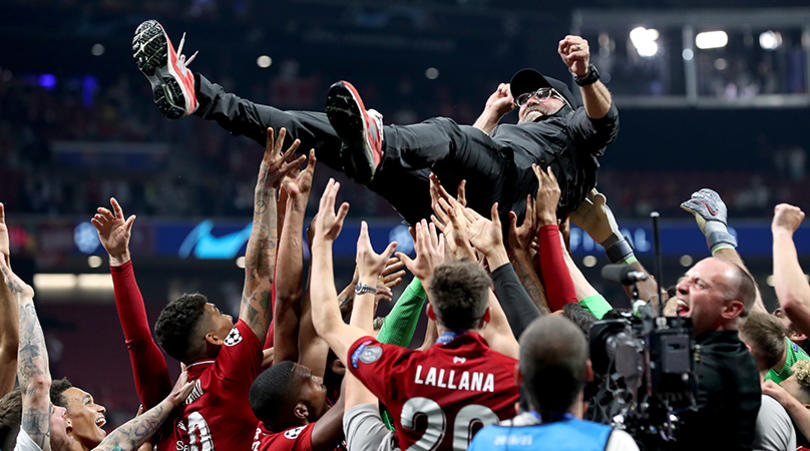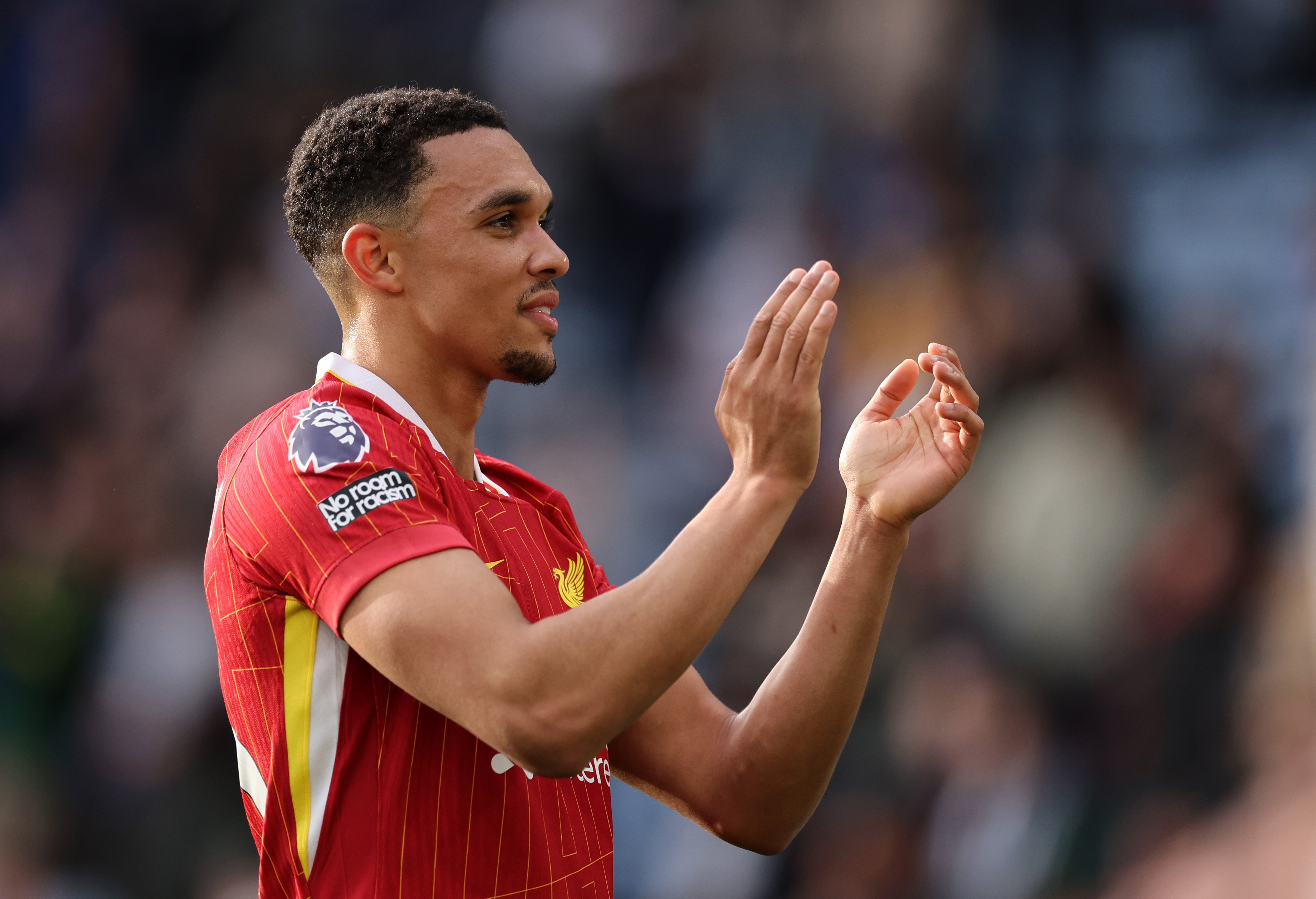Why the English midfield stereotype is dead – as Jordan Henderson proves
Forget your flicks and fancy tricks – Peter Ndahiro would take a Mackem over a Madridista any day
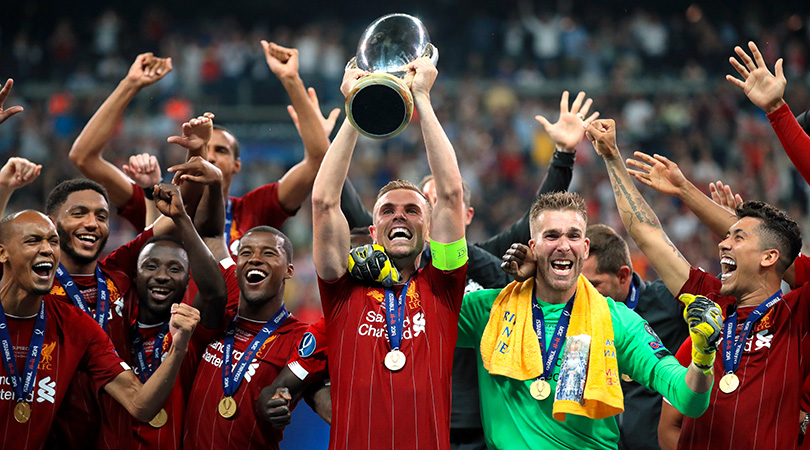
English midfielders have suffered under the stereotype of being one-dimensional ever since the Premier League was graced by newer international exports like David Ginola, Eric Cantona and Paolo Di Canio. Observers valued grace over grit, flair over fire.
When Jack Wilshere burst onto the scene in 2011, he was a player crowned as the shining exception to the rule. Xavi validated the stereotype. Wilshere, he said, “doesn’t play the English way”.
And yet the prime example of what Xavi and others have long described as such has just won the Champions League and lifted the European Super Cup; Liverpool’s captain, and an unlikely Anfield hero. Wee Jordan Henderson from Tyne and Wear.
“I don't like reading good things about myself,” Henderson once said. “With the criticism and the negative things, I always think that makes me better.”
Indeed, criticism and negativity have followed him throughout his career. Alex Ferguson didn’t sign him once because the Scot felt that Henderson ran funny. The Sunderland native remains a point of contention in pubs all over the country whenever the age-old debate about whether home-grown talent really matches up to its continental equivalent begins.
Now, however, Henderson has a growing trophy haul to accompany the highest praise from top European coaches and players. He has overcome the impossible task of following in the footsteps of Liverpool’s greatest ever player, and done so with leadership, accountability and integrity that has reinforced the high standards required to wear his club’s red shirt.
It’s high time that the 29-year-old is given his dues as one of the finest midfielders in the Premier League. It’s also time that the archaic stereotype of English midfielders being unable to do anything more than run is forgotten, and replaced by one that promotes a more dynamic alternative – one embodied by a driven work ethic, certainly, but accompanied by guile and skill.
Get FourFourTwo Newsletter
The best features, fun and footballing quizzes, straight to your inbox every week.
Comparisons with the likes of Kevin De Bruyne, Paul Pogba and Christian Eriksen have not been kind on Henderson over the years. He was signed in a difficult period for Liverpool, the beginning of a miserable 2011/12 season when fans craved sexy internationals after a turgid spell under Roy Hodgson. They finished eighth.
If the pressure wasn’t big enough already a year into life at Liverpool, Kenny Dalglish – the man who signed Henderson – left, and was replaced by Brendan Rodgers. The Northern Irishman promptly informed the midfielder that he'd be allowed to leave the club in summer 2012, namely to Fulham in a swap deal with Clint Dempsey. But in an act of defiance, Henderson told Rodgers he wouldn’t leave and would instead fight for his place.
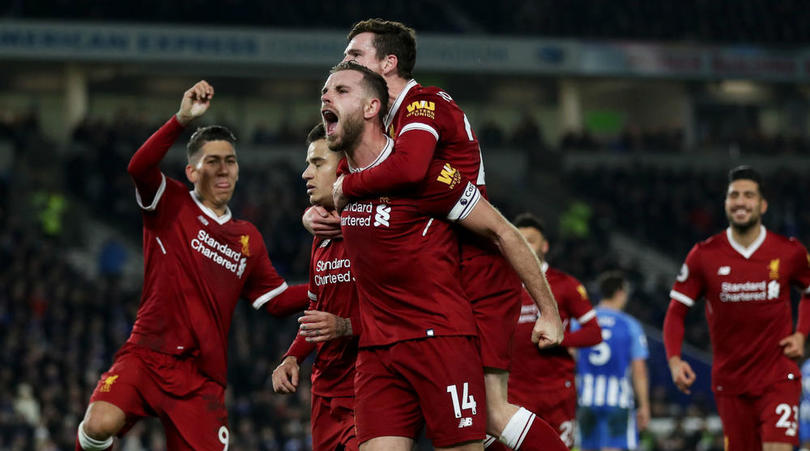
Sure enough, he got his head down and worked while the naysayers continued to doubt him. In his best season of 2013/14, in his favored No.8 position, Henderson showed some excellent potential going forward by recording seven assists and four goals. He was sorely missed at the crucial end of a campaign in which Liverpool ended as Premier League runners-up.
If that was the season in which Henderson finally proved there was talent to match the effort, not everybody was convinced. He’d shown flashes of individual excellence that excited fans, but it was only when Jurgen Klopp arrived in late 2015 that the midfielder’s importance shone through.
And it had to – with club legend Gerrard departed for LA Galaxy, it was on Henderson to assume captain’s responsibilities. Liverpool fans were foolish to expect a generational talent to be replaced so easily. Legends are legends for a reason – they don’t come along every other year.
Klopp himself said it best. “The most difficult job in the last 500 years of football was to replace Steven Gerrard,” he noted. “In the minds of the people it was like, ‘If it’s not Stevie, then it’s not good enough’.”
Klopp’s style of football relied on a high work ethic and organisation. And who better to lead this surge than one who’d continued to work when continually questioned, refused to leave the club when it was made clear he wasn’t wanted, and had accepted one of the most difficult jobs in football by trying to replacing Liverpool's mercurial skipper?
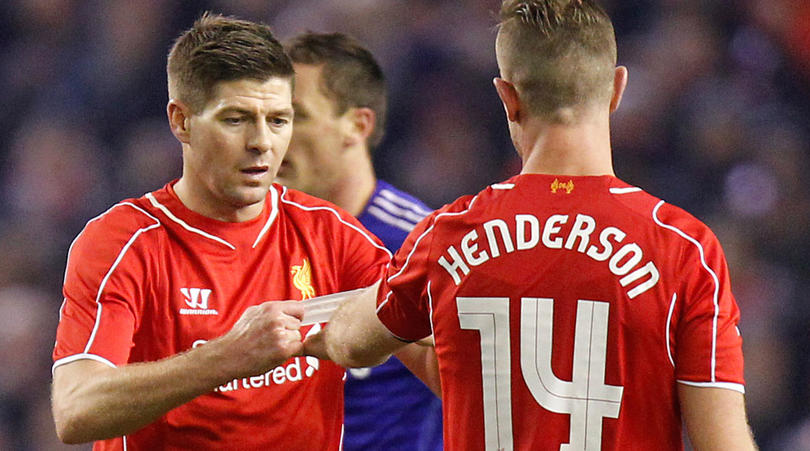
Henderson became an integral part of Klopp's gegenpressing system. He and others commanded respect as they chased down apparent lost causes, and Anfield regained its roar as Andrew Robertson, James Milner, Roberto Firmino and Henderson hared down defenders to pile on the pressure. Nobody enjoyed facing Liverpool.
After the trials and tribulations of cup final losses and near misses at Premier League glory, Henderson and this Liverpool squad have also proved themselves on the European stage with back-to-back Champions League final appearances – the last, against Tottenham, ending in victory.
The debate over Henderson’s ability and legitimacy as Reds captain is very much over – just like the one about the ‘conventional’ English midfielder. What he proves is that finesse, flair and a fancy name aren’t the most important qualities you need in your No.8.
Stepovers will only get you so far – and when the chips are down, I’ll take a Mackem over a Madridista any day.
While you're here, why not take advantage of our brilliant subscribers' offer? Get 5 issues of the world's greatest football magazine for £5 – the game's greatest stories and finest journalism direct to your door for less than a pint in London. Cheers!
NOW READ
LIST 5 players who could receive their first England caps against Bulgaria or Kosovo
QUIZ Can you name all 55 players to score in the Premier League so far in 2019/20?
WATCH Premier League live stream 2019/20: how to watch every game from anywhere in the world
